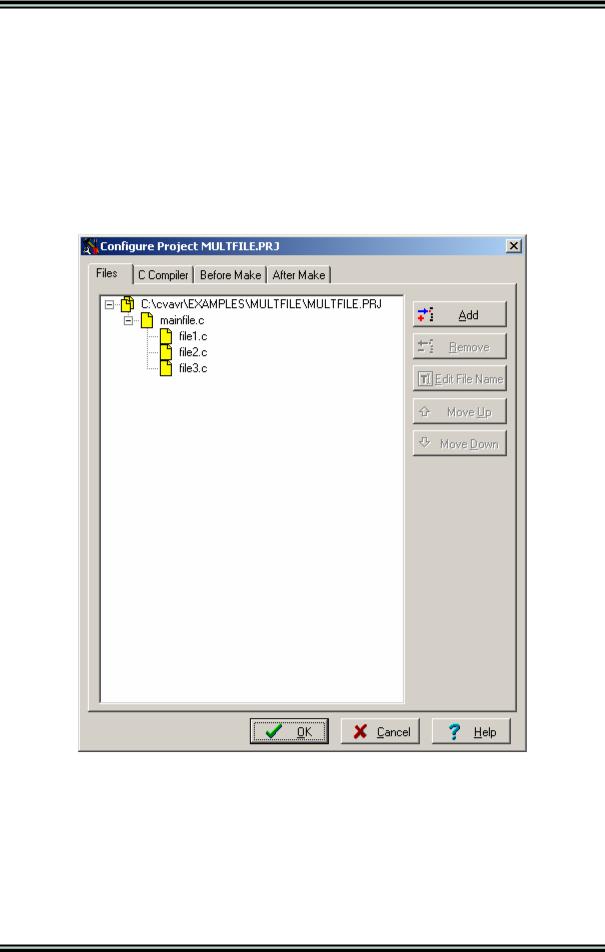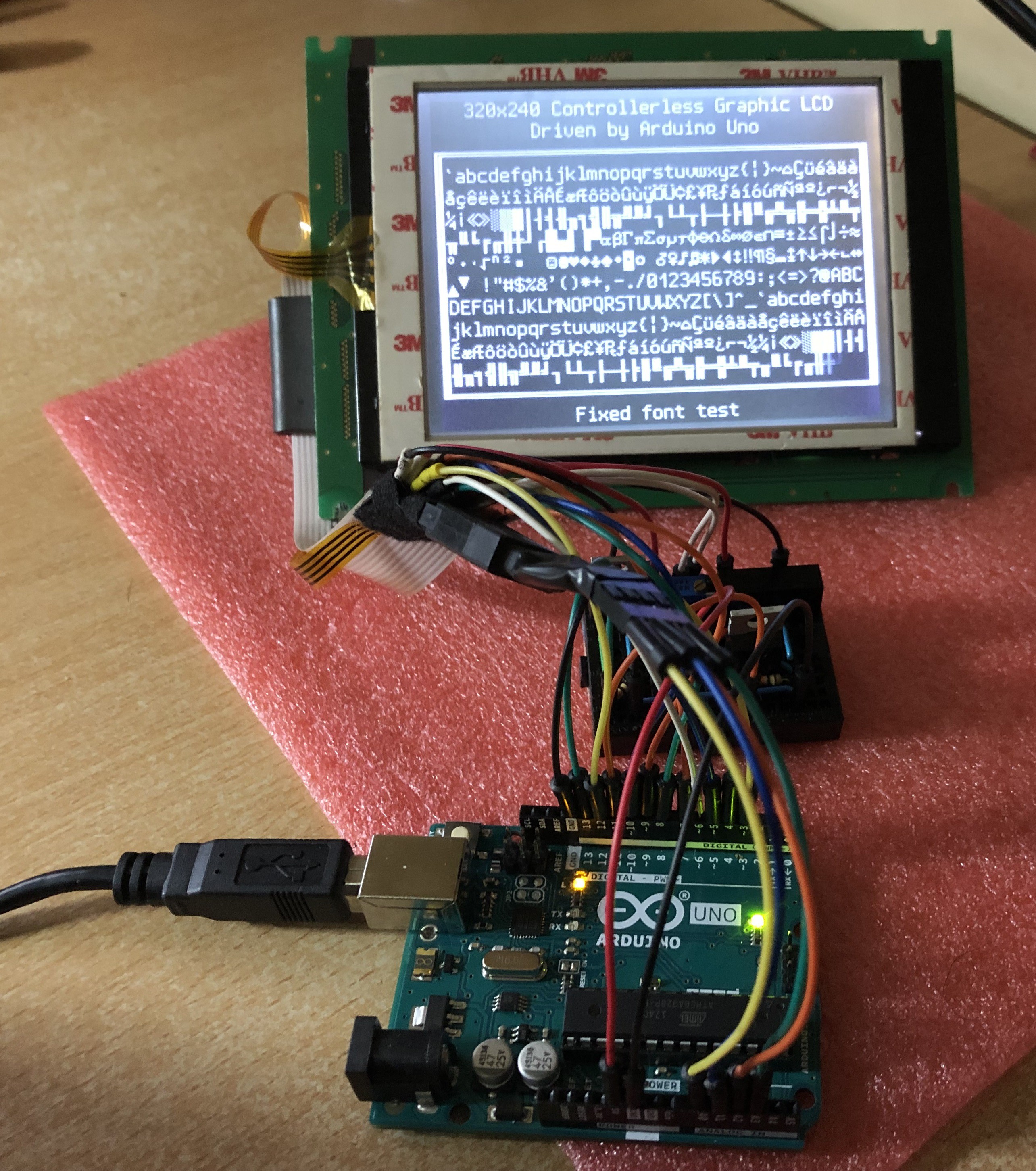

#HOW CAN PICTURE IN LCD CODEVISION PROFESSIONAL#
Results for three monitors aimed squarely at professional and enthusiastic amateur photographers are given below. Monitor profiles really are machine-specific, so for a known accurate profile you should calibrate and profile your monitor yourself.Ĭolor gamuts of LCD monitors vary greatly from one make and model to the next. Monitor profiles can be downloaded from the internet (see ICC Profiles and Monitor Settings Database and Colour Calibration Profiles for your Monitor, and of course check your monitor manufacturer's website). The procedure requires that you have chosen an accurate display profile for your LCD monitor. The following " monitor profile color gamut checks" were be performed using an ICC profile color managed image editor that provides for soft proofing gamut checks. What percentage and which portions of the sRGB color space can you see on your LCD monitor? As the pictures below will demonstrate, at least as of 2013 the same claim can't be made for decent-quality LCDs. Having assigned the sRGB color space to the RGB16Million test image, in theory any decent-quality, well-calibrated CRT could have displayed 100% of the colors in this test image. Each pixel has a different color (different set of RGB values), covering all possible colors in an 8-bit image. Screenshots of the RGB16Million test image are used with the kind permission of Bruce Lindbloom, which in no way implies that he endorses my findings! To the right is a screenshot of Bruce Lindbloom's RGB16Million test image, after assigning the sRGB color space profile. All the sRGB colorsīruce Lindbloom's RGB Image Containing All Possible Colors is an amazingly useful test image. If you are curious, you can follow the procedures outlined below to check your own LCD monitor's color gamut. The $450 monitor is aimed at the enthusiastic amateur photographer. The $2500 and $1200 monitors are/were aimed at the professional photographer.

This article examines profiles for three LCD monitors - two models current as of 2013, one retailing at $2500 and the other at $450, and an older model that retailed at $1200 - to determine which portions of the sRGB color gamut these monitors can and can't display. While perusing the various photography forums, sometimes I run across the claim that when shooting raw, if you convert the interpolated image to sRGB, you can see all the image colors on your monitor.įifteen years ago, in the heyday of CRT monitors, anyone using a reasonably high quality, properly calibrated CRT monitor could say with confidence "Yes, my monitor can display all the colors in an sRGB image." Is this claim still true if you are using an LCD monitor?
#HOW CAN PICTURE IN LCD CODEVISION HOW TO#

Which colors can your LCD monitor display, that exceed the sRGB color gamut? (and hence are wasted once you convert your image to sRGB)?.What percentage and which portions of the sRGB color space can you see on your LCD monitor?.


 0 kommentar(er)
0 kommentar(er)
